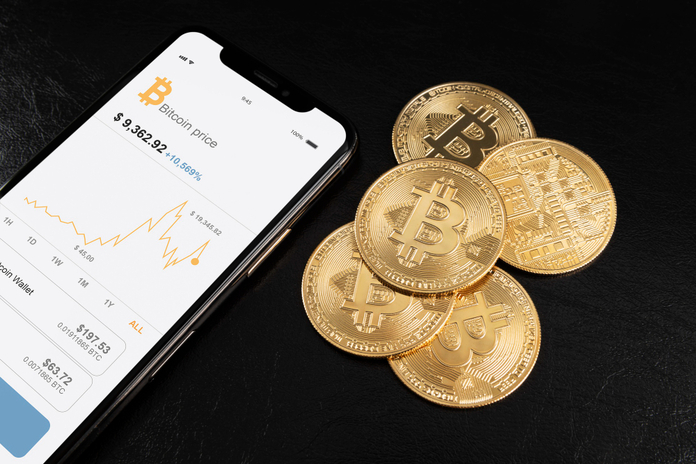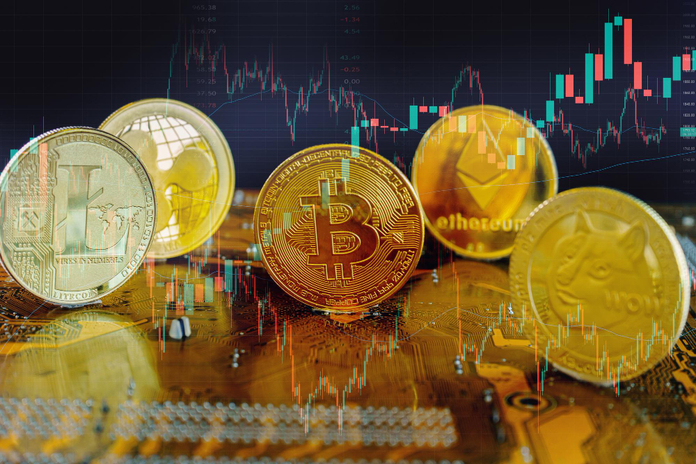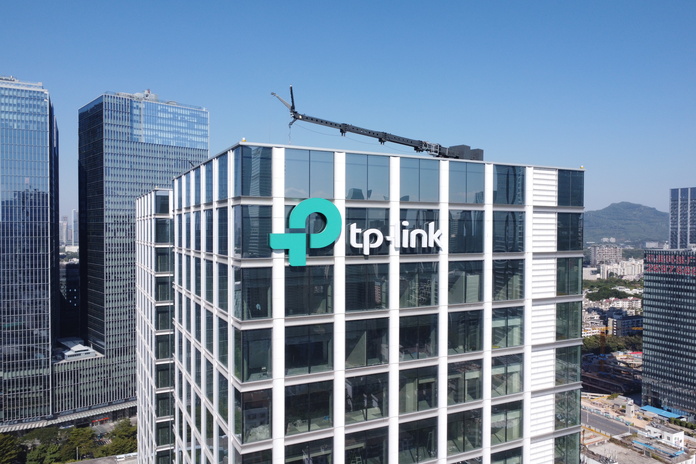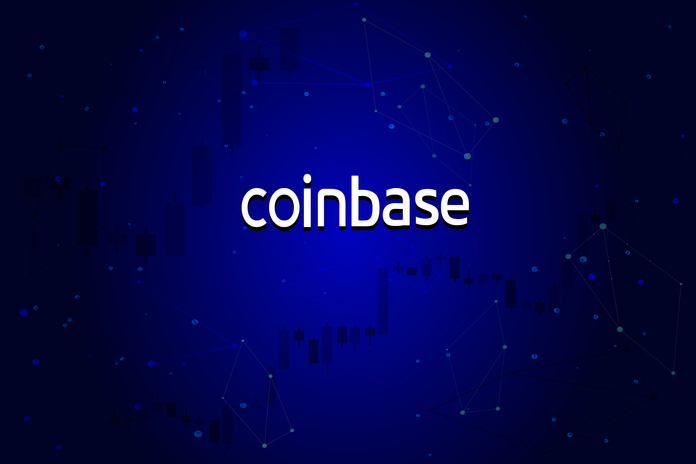Assured Spot Ether ETF Approval Fails to Stir Slumping Crypto Market
This post was originally published on this site
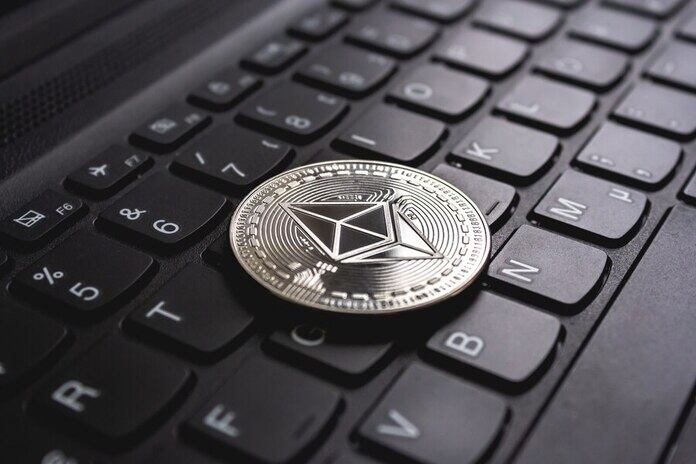
Cryptocurrency markets remained under pressure during U.S. trading hours on Thursday, extending a decline that began the previous day when the Federal Reserve indicated it expected to cut rates only once this year.
Ether (ETH) saw a mid-morning bounce after U.S. Securities and Exchange Commission Chairman Gary Gensler, during a Senate hearing, stated he anticipated that spot ether ETFs would receive full approval from his agency by the end of the summer. This news briefly lifted ether by 1%, but the gain was short-lived. The price reversed more than 3% within an hour and was trading at $3,440 at press time, down 5% over the past 24 hours. The broader CoinDesk 20 Index was down 4.9% in the same period.
Bitcoin (BTC) also dropped nearly 5%, trading near a one-week low of $66,300.
Markets turned negative on Wednesday afternoon following the Federal Reserve’s hawkish policy meeting. The U.S. central bank kept its benchmark fed funds rate range steady at 5.25%-5.50% but updated its projections to suggest just one 25 basis point rate cut in 2024. In contrast, rate futures markets had been anticipating two to three 25 basis point cuts this year.
Thursday morning’s U.S. economic data, indicating continued softening in both inflation and the economy, failed to improve the macro mood in crypto. The May Producer Price Index (PPI) fell 0.2% against expectations for a 0.1% rise. On a year-over-year basis, PPI was up 2.2% compared to forecasts of 2.5%. Additionally, initial jobless claims rose to nearly a one-year high of 242,000, versus expectations of 225,000.
“$66K seems like equilibrium,” said well-followed analyst Skew in a post on X, who, along with others, is trying to decipher a market that hasn’t sustained higher levels despite recent bullish news. This includes improving inflation data, a Bitcoin-friendly presidential frontrunner in Donald Trump, spot ETH ETF approvals, and other risk asset markets, like U.S. stocks, reaching new all-time highs.
Featured Image: Freepik

